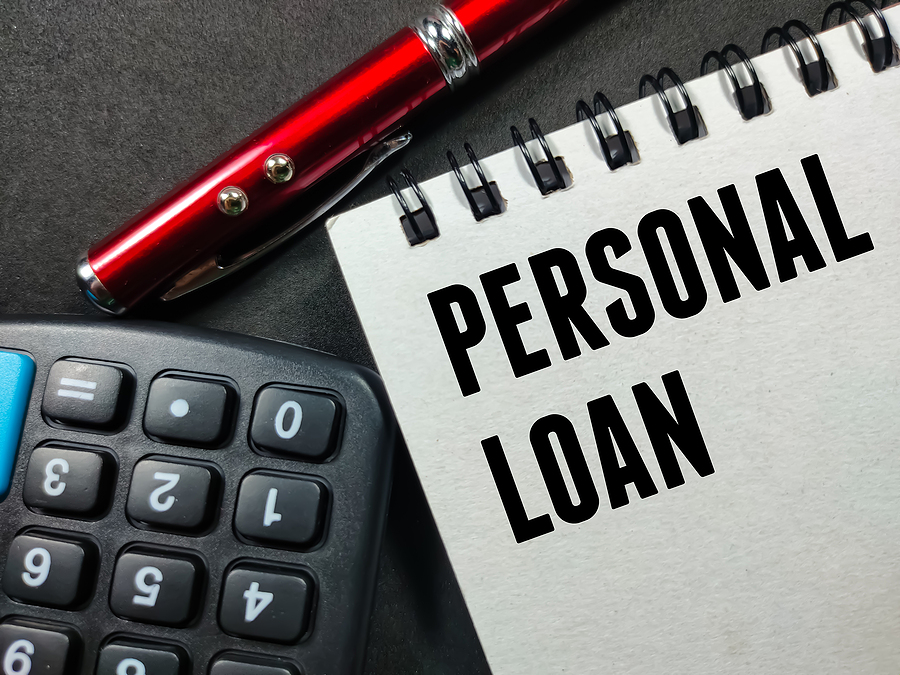When you accept funds via a personal loan, you also agree to the terms and conditions set forth by the contract between you and the lender. While you have every intention of repaying your loan in full and on time, your financial circumstances may not remain the same in the future. And when that happens, the thought of defaulting on your personal loan may begin to creep into your mind.
Is Your Loan in Default?
The most important thing you can do is pay the full amount of your loan on time, month after month. If you miss a payment and neglect to catch up, your personal loan will eventually end up in default.
Generally speaking, a personal loan is in default when it’s late by anywhere from 30 to 90 days. The exact length of time depends on the lender and the terms of your agreement.
Keep in mind that a personal loan is not in default if you make a late payment. Sure, you may be charged a late fee, but that doesn’t mean it’s in default.
Note: A default will damage your credit score and remain on your credit report for up to seven years. This makes it very difficult to obtain new credit, such as when buying a car.
What are the Consequences?
The first thing that will happen is your loan is sent to collections. Some lenders have an in-house collections department while others send it to an outside collector. Either way, you can expect to receive phone calls, letters, and maybe even text messages from the collection department or company.
From there, if you don’t work out a deal, the lender can take you to court to seek repayment. They may also be able to place a lien on an asset that you own.
In the event of a secured personal loan — which is less common than unsecured — the lender can seize the asset attached to the loan.
What Can You Do?
While your first thought is to ignore your lender and attempt to catch up down the road, this is a mistake. Your lender may be willing to work with you, especially if there’s a reason that you’re unable to make your payments.
Take these steps:
- Carefully review the status of your loan, with a focus on the past due amount.
- Contact your lender to explain your situation and learn more about your options.
- Keep an open mind as your lender discusses your options, such as a deferment of payments.
Summary
In a perfect world, you would always pay your personal loan in full and on time. You’d do this until your balance is zero. And while that may happen, you could also find yourself in a difficult financial spot at some point. Should you default on a personal loan, take action immediately to protect yourself and hopefully get back on track.


Related Posts :
What is a Personal Loan?Understanding Personal Loans: Your Comprehensive Guide
How to Personal Loans Work
Guide to Refinancing Your Personal Loan: Tips and Steps
How to Secure a Personal Loan Even with Bad Credit